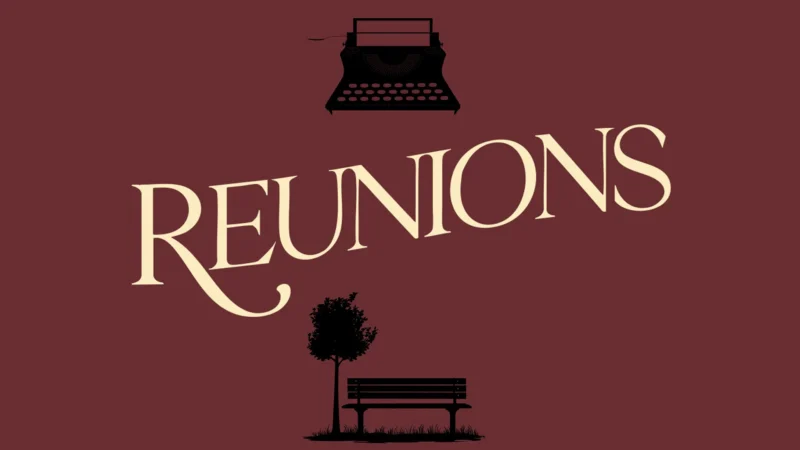It’s an election year. Will our grosses be down?
Broadway Producers are the best excuse makers, er, optimists, on the planet.
We can come up with a reason to justify a dip in our box office grosses faster than you can say, “paper clip.” (I know, that didn’t make any sense and it also wasn’t funny – but there’s this stray paper clip sitting on my desk, and it looked so lonely that I wanted to show it some love.)
One excuse that I’ve heard a lot of over the years is that during a Presidential Election Year, grosses for the entire industry sink faster than a . . . paper clip tied to a golf club (Sorry, the club got jealous of the paper clip.) The entire country is too focused on the campaigns, the airwaves are too bogged down with political ads, who wants to spend money on a show when one candidate is telling us how bad things are, are just a few of the logical reasons why this drop would make sense, right?
Well, I decided to do a little digging into the Broadway grosses to see if this was a valid excuse, or if it was a . . . er . . . gross excuse.
It’s a tough thing to quantify, actually, so let me explain what we did. For each year, we looked at the 9-10 week period from the week beginning Labor Day through the end of the week in which the election occurred. Then we calculated that average weekly gross over that period.
Then we compared that average weekly gross to the average weekly gross for the year BEFORE the election year, and the year AFTER the election year.
Following?
There were only 6.5 data sets to look at as grosses are only publicly available since 1984, and there have only been 7 elections since then. Also, no adjustment has been made for an increase (or decrease) in ticket price, so there should be a small inflationary margin of error in the year following the election, and a deficit for the year prior. Additionally, no adjustment has been made for the number of shows produced in each period, as I wanted that to affect the results – if fewer people were producing shows during election years, that’s something to take note of.
Aggregating the data gives us the following results:
Over the past seven Presidential elections, in the year following the Presidential election, grosses are greater than the election year by 4%.
Over the past seven Presidential elections, in the year preceding the Presidential election, grosses are less than the election year by 6%.
So at first peek it looks like the grosses do rise slightly in the year following an election year, but the grosses in an election year are also higher than the year preceding it. Factoring in the margin of error, and that, except for five years over the last twenty eight seasons, grosses have gotten bigger each and every year, I don’t see any sort of serious statistical difference in the grosses in an election year over a non election year.
Additionally, the data in the individual years compares so vastly from one year to another, it seems to indicate that there are other mitigating factors that trump an election in terms of affecting the gross.
In other words, there is no excuse. (I just tossed that paper clip in the trash.)
Now, what about that election week itself? How does that week compare to the same week in other years?
We’ll look at that tomorrow.
(Got a comment? I love ‘em, so comment below! Email subscribers, click here then scroll down, to say what’s on your mind!)
——
FUN STUFF:
– Broadway Investing 101 seminar coming up on 10/13! Register here.
– Win a free pass to this year’s Digital Marketing Boot Camp! Click here.
Podcasting
Ken created one of the first Broadway podcasts, recording over 250 episodes over 7 years. It features interviews with A-listers in the theater about how they “made it”, including 2 Pulitzer Prize Winners, 7 Academy Award Winners and 76 Tony Award winners. Notable guests include Pasek & Paul, Kenny Leon, Lynn Ahrens and more.















